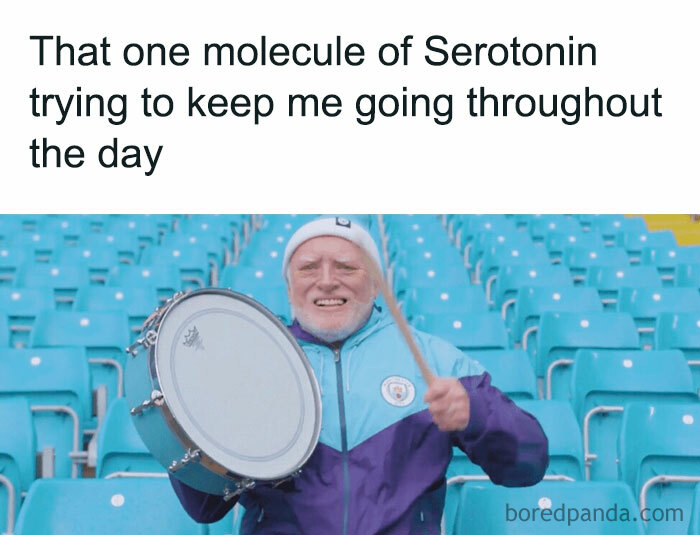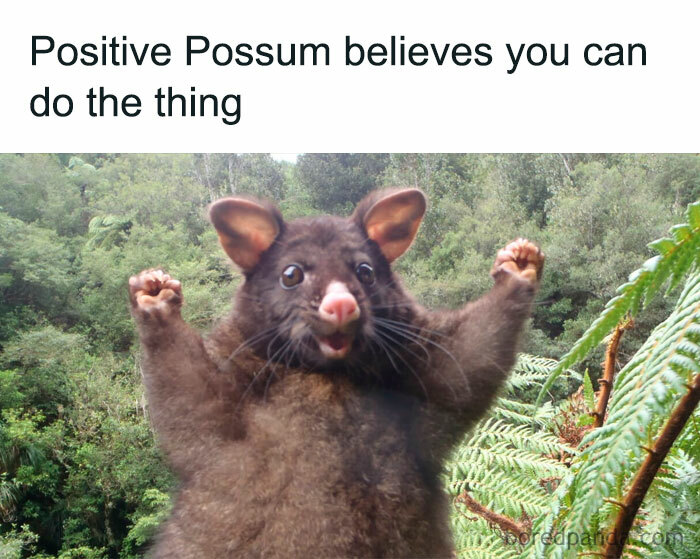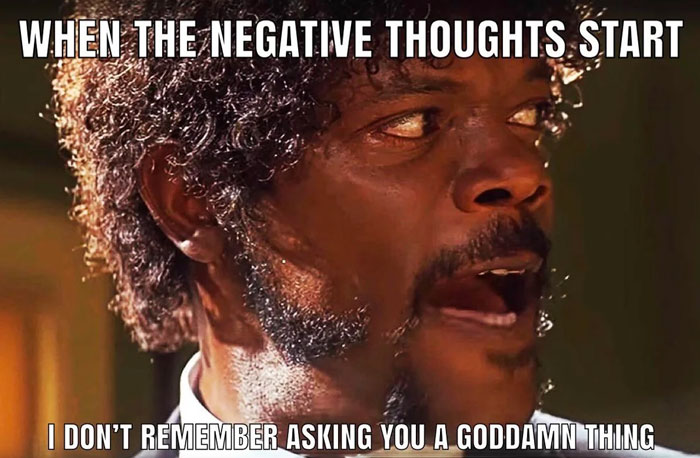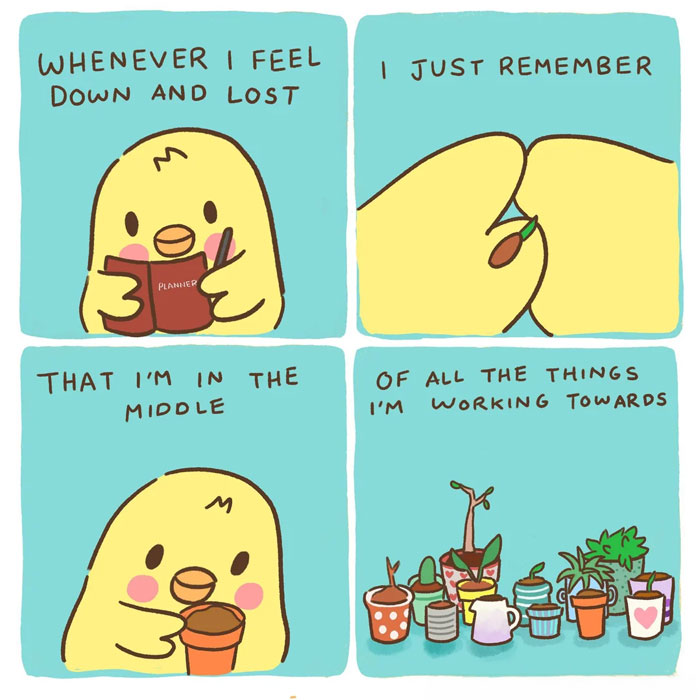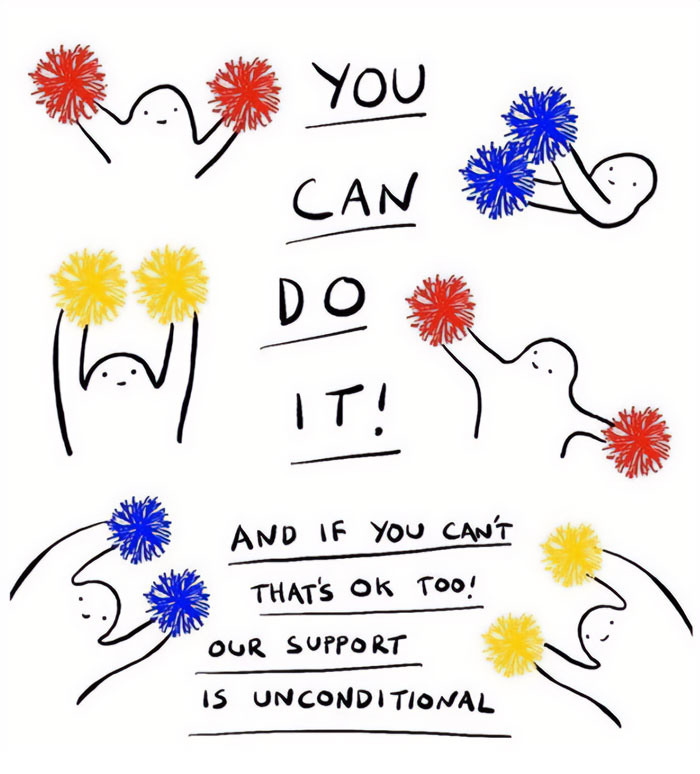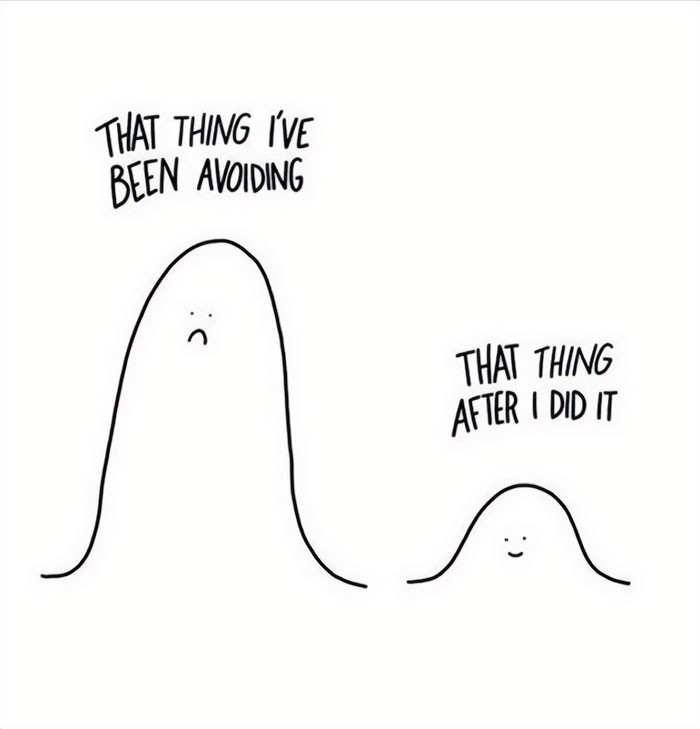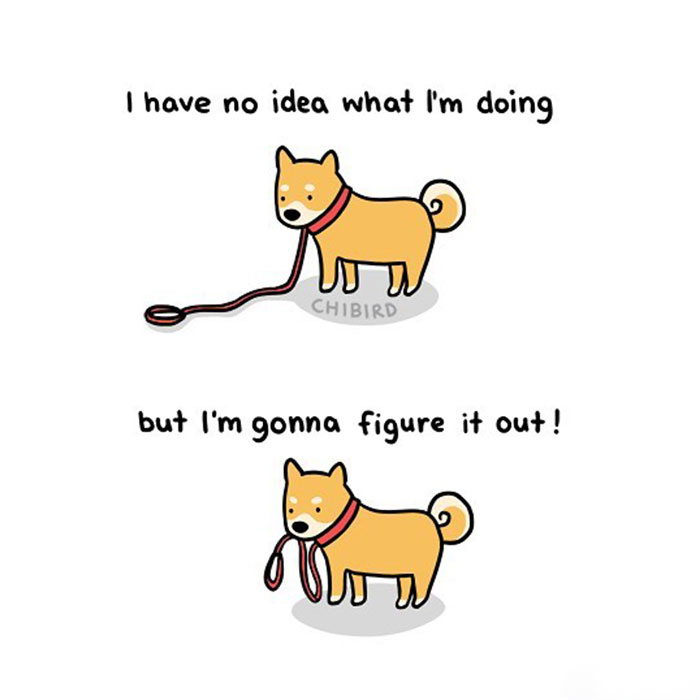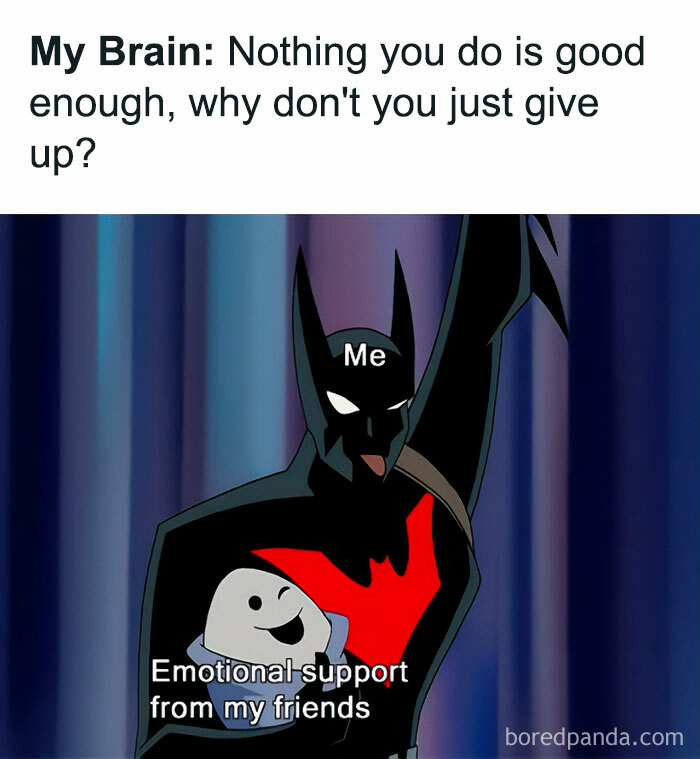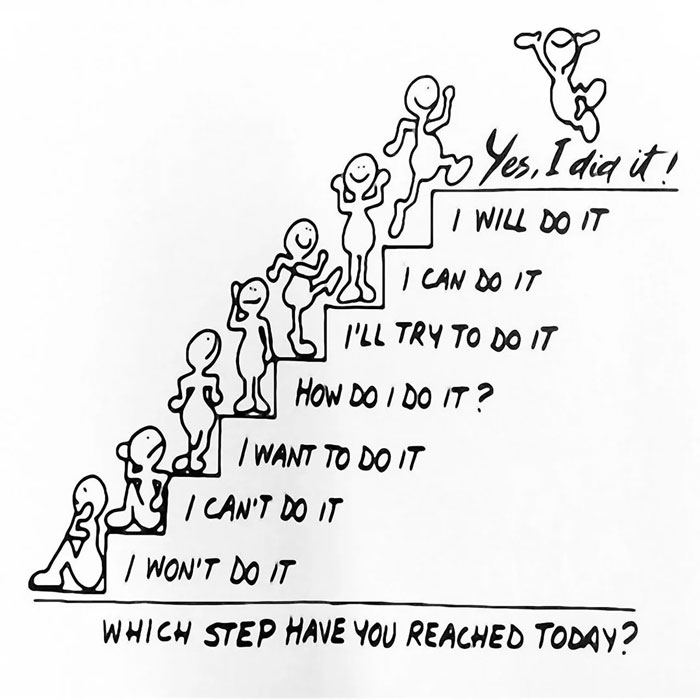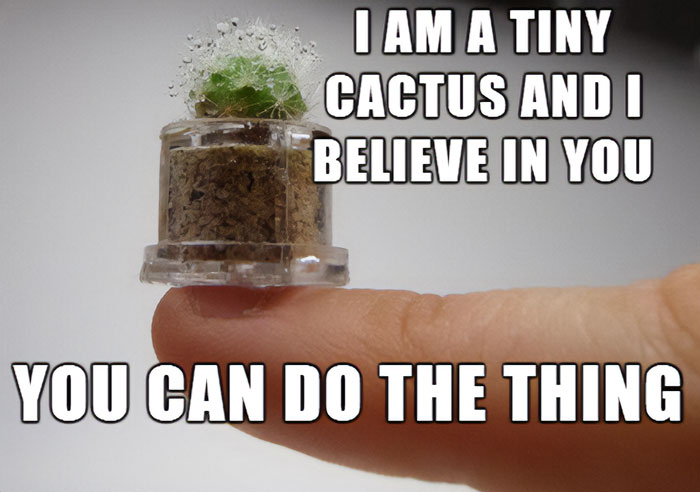Then come the almost magical synapses of motivation, where experiences trigger the release of these chemicals to regions that connect emotions, memory, and the sensation of pleasure and reward. This links the feeling of reward to the emotions we feel and the experience that led to it, and it influences both our expectations of reward and the actions we are motivated to take to get it. The research further states that chemicals, including dopamine, serotonin, norepinephrine, glutamate, and naturally occurring opioids, are produced in the brain, each serving a different purpose. For example, when dopamine is released, it signals to the rest of the brain that something important is about to happen — something we should enjoy or avoid at all costs. We are motivated to either ditch the effort or go for it. Beta Souders, who holds an MSc in Applied Positive Psychology and is pursuing a PsyD in Clinical Psychology, wrote an interesting piece in 2019 for the Positive Psychology titled “Motivation and What Really Drives Human Behavior.” In the article, Souders delves into the impact of a motivating environment and its effects (2). Souders claims you should never underestimate motivational pushes — no matter how mundane or minute they seem. Things that have a short-term positive effect buildup and help us be successful in many areas of our lives. Ayelet Fishbach writes about using social influence in the article “How to Keep Working When You’re Just Not Feeling It,” published in the Harvard Business Review in 2018 (3). According to Fishbach, the key is to expose yourself to high performers who inspire you, boost your get-up-and-go attitude by giving and receiving advice, and keep the people you’re working hard for front of mind. Positive social influences can drive you to do your best and reach challenging milestones. Follow Bored Panda on Google News! Follow us on Flipboard.com/@boredpanda! Please use high-res photos without watermarks Ooops! Your image is too large, maximum file size is 8 MB.






